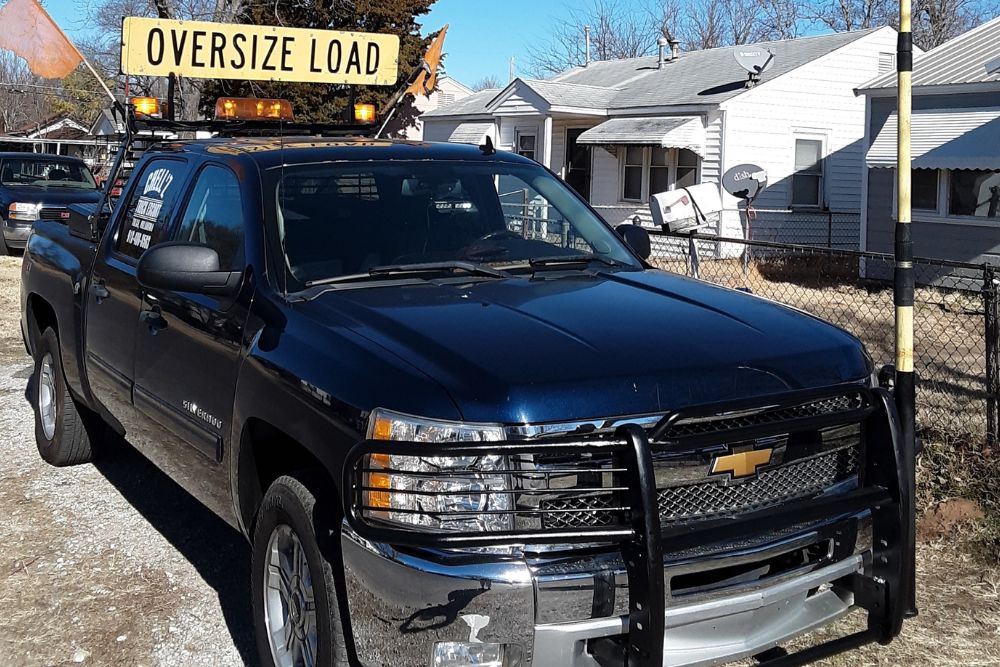In the United States and Canada, route surveys play a crucial role in ensuring the safe and efficient transportation of goods and services. Whether it’s for new road construction, highway expansions, or utility installations, conducting thorough route surveys is essential to prevent potential issues and streamline the planning process. In this article, we will delve into the reasons why route surveys are so important in North America.
What is a Route Survey?
- A route survey is a detailed assessment of a specific transportation route to evaluate its suitability for a particular project.
- It involves examining factors such as terrain, elevation changes, existing infrastructure, and any potential obstacles that may impact the design and construction of the route.
Importance of Route Surveys
1. Safety Compliance
- Route surveys help identify potential safety hazards along the transportation route, such as steep slopes, sharp curves, or unstable terrain.
- By addressing these safety concerns during the survey phase, project planners can implement measures to mitigate risks and ensure the safety of travelers and workers.
2. Cost-Effectiveness
- Conducting a route survey helps identify the most cost-effective path for a project by considering factors such as land acquisition costs, construction expenses, and maintenance requirements.
- By choosing an optimal route based on survey findings, project stakeholders can save time and resources in the long run.
3. Environmental Impact Assessment
- Route surveys are essential for evaluating the potential environmental impact of a project, such as disrupting wildlife habitats or ecological systems.
- By conducting thorough surveys, project planners can make informed decisions to minimize environmental damage and comply with regulations.
4. Permitting and Regulatory Compliance
- Route surveys provide valuable data needed for obtaining permits and complying with local, state, and federal regulations.
- By addressing regulatory requirements early in the planning process, project delays and costly legal issues can be avoided.
5. Efficient Project Planning
- By conducting route surveys, project planners gain valuable insights into the feasibility and challenges of a proposed route.
- This information allows stakeholders to develop accurate project timelines, allocate resources effectively, and avoid unexpected disruptions during construction.
Final Thoughts
Route surveys are a critical step in the planning and execution of transportation projects in North America. By identifying potential risks, optimizing routes, and ensuring compliance with regulations, route surveys play a key role in the successful and safe delivery of infrastructure projects. Stakeholders must prioritize conducting thorough route surveys to mitigate risks, reduce costs, and promote sustainable development in the United States and Canada.

